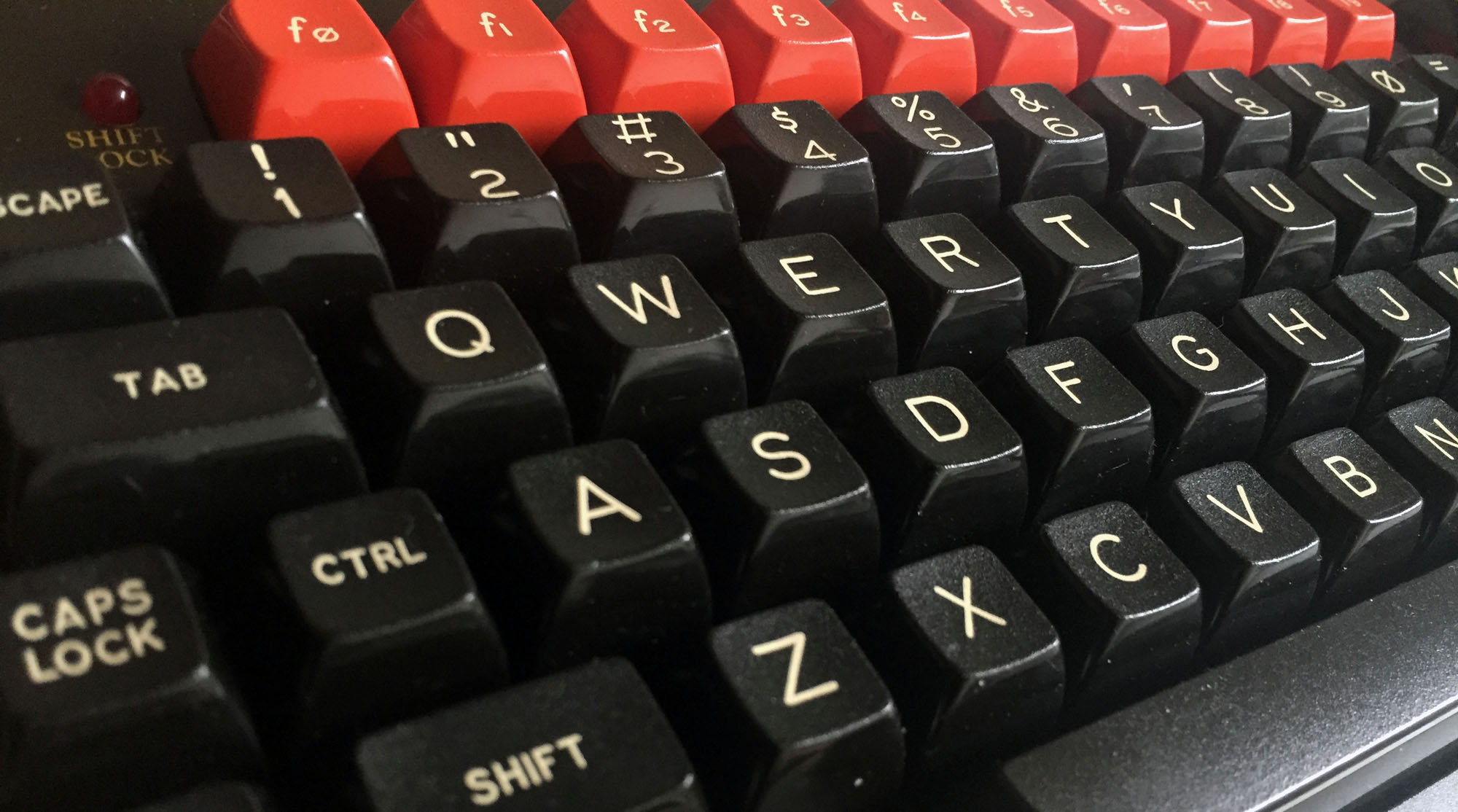Far too many years ago when I was in First school, the BBC Computer Literacy Project put their own custom designed computer into every school in the country. This machine was the BBC Microcomputer built by Acorn, and it’s descendants followed me right the way though Middle school, Secondary school and into sixth form.
During this time I’d become very proficient in writing code on them, to the point of writing multi tasking applications in the windows environment on the later Archimedes machines. This laid the foundations for a Computer Science degree at King’s College London, and a future career in technology and broadcast engineering.
While in sixth form, the Acorn machines fell out of favour in education. It was the thinking at the time that a move should be made to teaching the specific applications used in industry, on the PC hardware that had become the industry standard. The Acorn machines had not made much of an impact outside the education sector, and so with that market disappearing Acorn announced the closure of their workstation division in September 1998. While this signalled the beginning of the end for the Acorn brand, their spun off microprocessor division ARM went on to design the chips used in the majority of smartphone and tablet devices on the market today.
Since 1998 I’d had pretty much no contact with these computers. This changed earlier in the year when I was asked for some help upgrading a friend’s computer. It turned out to be fitting a disk upgrade to a BBC B that they had bought off of eBay. I was very surprised by how much I remembered from 20 years ago, and after a bit of dabbling with the various BBC emulators, I decided I probably should get one of my own. And so £40 later on eBay, I found myself on the retro computing scene.
